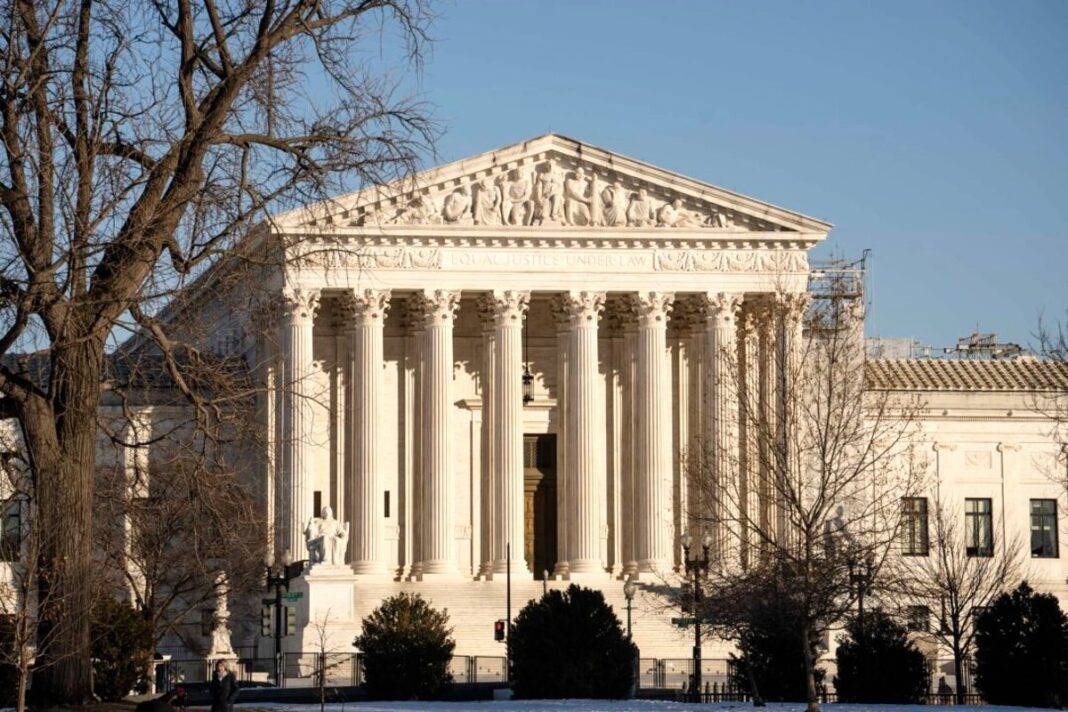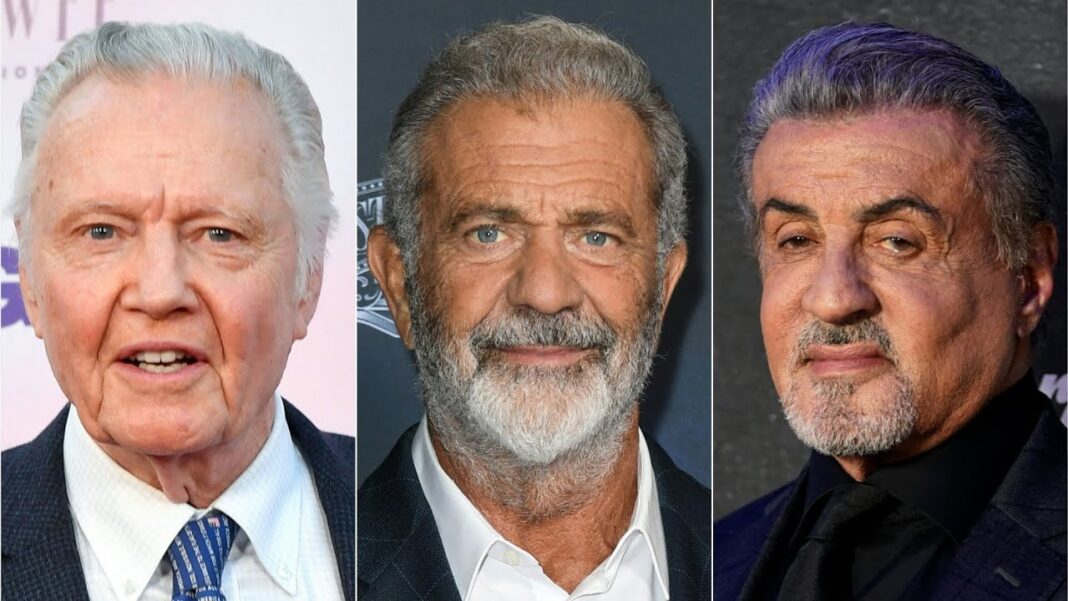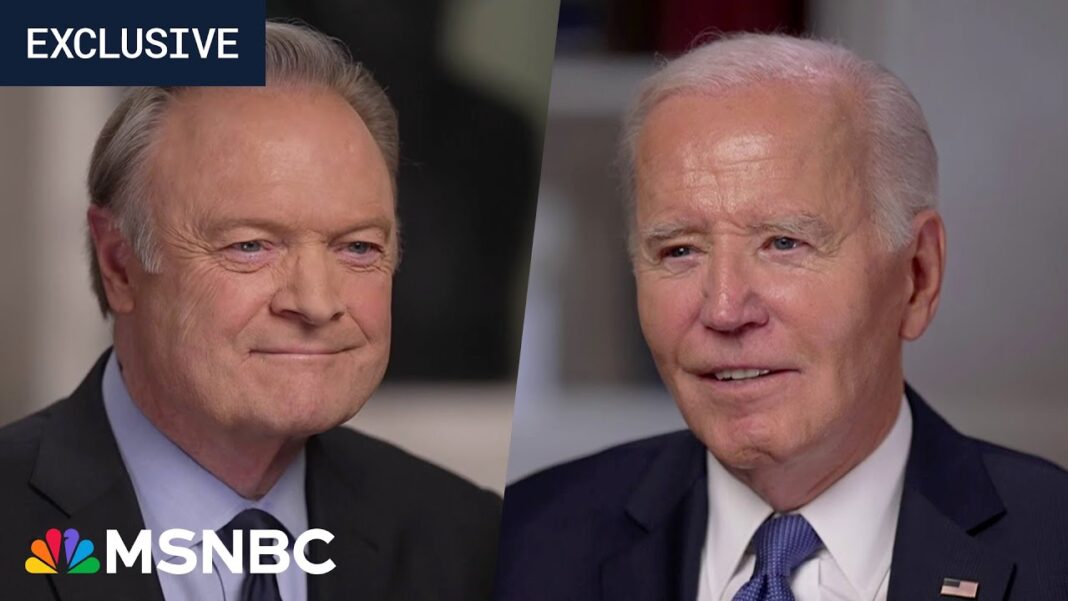The high court ruled 9-0 to allow a national security law that demands TikTok’s Chinese parent company to sell it or face a ban to come into force.
The U.S. Supreme Court on Jan. 17 turned away TikTok’s request to halt a federal law requiring indirect owner ByteDance to divest itself of the company by Jan. 19 or cease U.S. operations.
The nation’s highest court took action in the fast-tracked case five days after oral arguments on Jan. 10 in TikTok Inc. v. Garland and its companion case, Firebaugh v. Garland.
The new court opinion, which held that the TikTok law does not violate the First Amendment, was unanimous and its author was not identified.
President-elect Donald Trump, who will be inaugurated on Jan. 20 and is himself a social media entrepreneur, had previously filed a brief asking the justices to stay the law to give him an opportunity to develop a political solution when he returns to the White House.
TikTok said in its emergency application that in 2023, about 170 million monthly U.S. users uploaded more than 5.5 billion videos that received upward of 13 trillion views, half of which occurred outside the United States. In the same year, U.S. users viewed content originating from abroad more than 2.7 trillion times.
President Joe Biden, who leaves office days from now, signed the law, called the Protecting Americans from Foreign Adversary Controlled Applications Act, on April 24, 2024, after it was passed by bipartisan majorities in the House and Senate.
TikTok is operated in the United States by TikTok Inc., a U.S. company that Cayman Islands-based ByteDance Ltd. owns indirectly.
TikTok acknowledges that ByteDance owns subsidiaries in China and other nations but denies Chinese influence in its operations.
Supporters of the law in Congress say the Chinese regime has too much sway over TikTok. The law expresses concerns that Chinese officials may access and abuse the personal data of American TikTok users, using it to seek strategic advantage over the United States and disseminate propaganda.
During the oral argument, TikTok attorney Noel Francisco said the law violates the First Amendment because it “singles out a single speaker for uniquely harsh treatment.”
Chief Justice John Roberts said Congress specifically found that ByteDance cooperates with China in manipulating content and that its cooperation is required by Chinese law.
“Are we supposed to ignore the fact that the ultimate parent is, in fact, subject to doing intelligence work for the Chinese government?” Roberts said.
“Congress doesn’t care about what’s on TikTok,” he said.
Roberts added that the law does not say “TikTok has to stop.” The law says “the Chinese have to stop controlling TikTok.”







